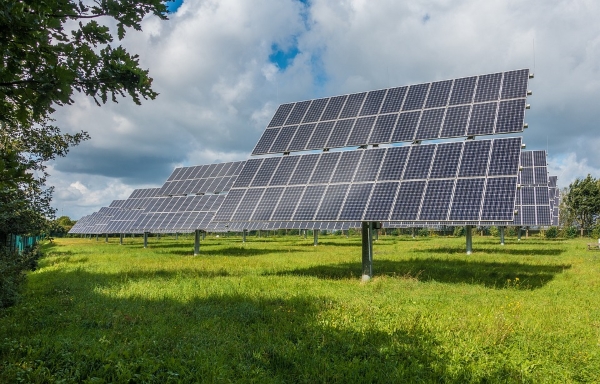
On Wednesday 19 October 2022, the Council of Government (Luxembourg's cabinet) met under the chairship of Luxembourg's Deputy Prime Minister, Paulette Lenert.
The cabinet had an exchange of views on current international and European political issues.
More specifically, the cabinet took stock of the situation on the energy market and approved the update of the emergency plan relating to the security of natural gas supply in Luxembourg.
The cabinet showed its agreement with the draft law instituting a state contribution aimed at limiting the increase in natural gas supply prices for certain end customers and amending the law of 17 May 2022 on the assumption by the State of the costs generated by the use of natural gas distribution networks.
This bill, which is a measure implementing the agreement of the tripartite coordination committee of 28 September 2022, aims to limit the gas price increase to up to 15% higher than the average price level of September 2022 for all customers with meters with a maximum hourly flow of less than 65 cubic meters, which includes all residential customers, in order to strengthen purchasing power and limit the effects of inflation caused by the energy crises due to geopolitical circumstances.
The cabinet adopted the draft Grand-Ducal regulation amending the amended Grand-Ducal regulation of 1 August 2014 relating to the production of electricity based on renewable energy sources.
This draft Grand-Ducal regulation also aims to implement some of the measures contained in the agreement of the tripartite coordination committee of 28 September 2022, and in particular to make ad hoc changes to the level of the remuneration system in the form of tariffs and market premiums for the production of electricity based on renewable energy sources and thus prevent the production of electricity from renewable energy sources from slowing down its current momentum. Thus, the degression of remuneration for new installations will be suspended from 1 January until 31 December 2023.
Speaking to Chronicle.lu, a representative of the Ministry of Energy and Spatial Planning clarified that Luxembourg has set up support schemes for electricity generated from renewable energy sources which include feed-in tariffs and premium tariffs for electricity generated from renewable sources (wind turbines, solar energy and hydroelectric installations) and investment subsidies supporting the deployment of renewable energy projects. The tariffs are guaranteed over a period of fifteen years from the date of the first feed-in of electricity into the network and the tariffs are calculated with an annual reduction (degressive rates). For photovoltaic (PV) plants, the tariffs decline gradually by 3% or 4% per year depending on the feed-in category, confirmed the ministry representative.
However, the government has decided to freeze the tariffs for new PV plants commissioned in 2023 to prevent the annual reduction having a penalising and dissuasive effect on potential investors. Hence, the PV plants commissioned in 2023 will get the same level of operational aid as those commissioned in 2022.








